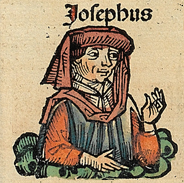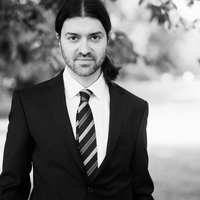
Coming Back for More, Part V: Sami Yli-Karjanmaa on Reincarnation in Philo and Josephus
We dive deeper into the evidence for Jewish reincarnation around the time of the Temple's destruction with Sami Yli-Karjanmaa, who has done the work. Philo of Alexandria and Josephus come under the metempsychotoscope.










